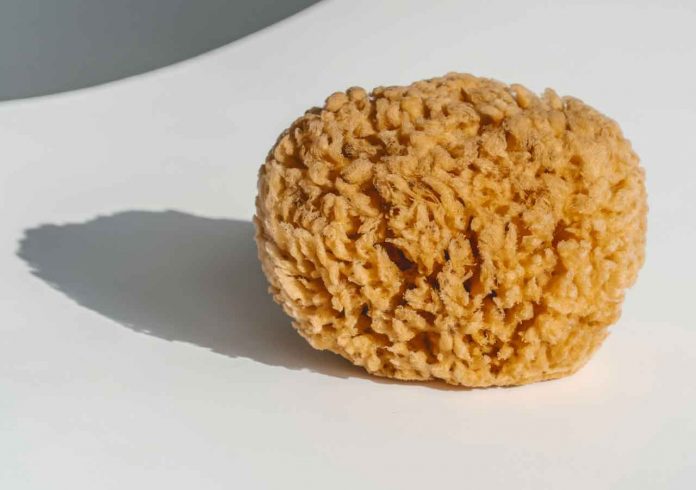VICTORIA – COVID-19 UPDATE – A team of researchers led by scientists from the University of British Columbia (UBC) have made a breakthrough in the search for new COVID-19 treatments, identifying three compounds from natural sources that have been found to prevent infection in human cells.
The study looked at a catalogue of more than 350 compounds derived from natural sources such as plants, fungi, and marine sponges. By bathing human lung cells in solutions made from these compounds and then infecting the cells with the SARS-CoV-2 virus, the researchers found 26 compounds that completely reduced viral infection in the cells, with three being effective in very small doses.
The researchers used a version of the SARS-CoV-2 virus that causes cells to glow fluorescent green when infected, allowing them to easily track the virus as it propagates from one cell to another. This powerful tool helped the researchers quickly identify the top 26 natural compounds that showed inhibition of COVID-19 infection with low cell damage.
The three most effective compounds were found to be alotaketal C from a sea sponge collected in Howe Sound, B.C., bafilomycin D from a marine bacteria collected in Barkley Sound, B.C., and holyrine A from marine bacteria collected in Newfoundland waters. The team plans to test the compounds in animal models in the next six months.
This research was funded by the Coronavirus Variants Rapid Response Network and the Natural Sciences and Engineering Research Council of Canada, highlights the importance and potential of using natural compounds to tackle global health challenges.







